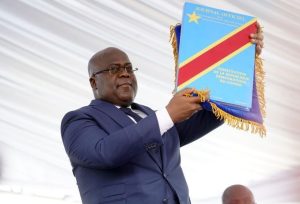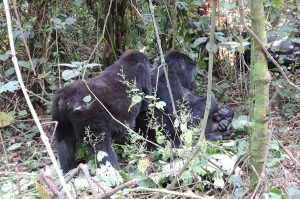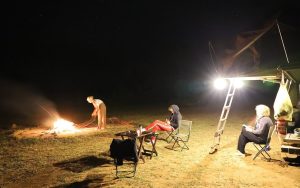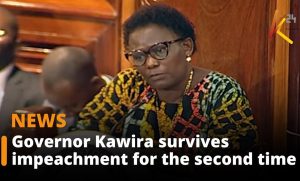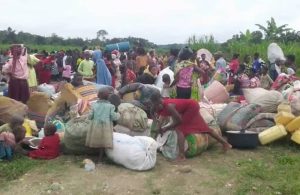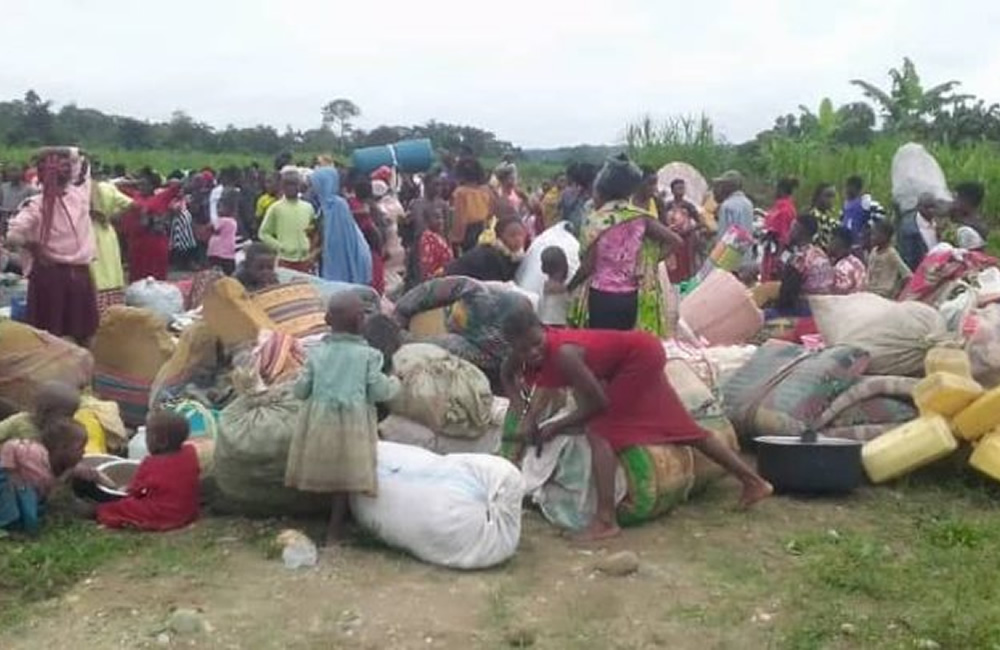
The International Organization for Migration reports that the number of individuals displaced from the Democratic Republic of Congo has reached an estimated 7.5 million people.
The heightened level of violence within the state, internal conflicts and disputes, as well as the intervention of foreign powers seeking to fulfill their own interests in Congo’s abundant minerals, power, or political influence, are contributing factors. Additionally, the influence of the Islamic State rebel group and the dormant presence of the Allied Democratic Forces (ADF) in the Congo’s forests further exacerbate the situation.
The Eastern part of Congo has been profoundly impacted, leaving survivors tending to their injuries. In this region, intense gunfire has marked the scene, with clashes between rebels and government military personnel.
Numerous casualties have suffered severe wounds, and some have lost their lives in these confrontations. Local communities are now vocal, protesting against the United Nations peacekeepers and expressing dissatisfaction with their inability to address the widespread terror in Congo.
In recent times, a surge in bloodshed has occurred in Congo, leading survivors to seek alternative places to reside. A few weeks ago, allegations of sexual assaults compelled eight United Nations peacekeepers to depart from the East region of the Democratic Republic of Congo.
The United Nations High Commissioner for Refugees has been vigilantly observing the refugee and asylum seeker crisis sparked by global conflicts and economic hardships, with a specific focus on the battleground in the Democratic Republic of Congo. This coverage extends to neighboring East African countries, where a contentious discussion unfolded in the aftermath of rebel attacks in the Congo forests.
Widespread human rights abuses, including violence against civilians, forced labor, and sexual violence, create an environment of fear and insecurity. This prompts many to leave their homes in search of safety.
The political instability and conflicts in the DRC contribute to a refugee crisis, with many seeking asylum in neighboring countries and beyond. This places additional strain on resources in host nations and international organizations working to provide humanitarian assistance.
The Democratic Republic of Congo is rich in natural resources, including minerals like coltan and diamonds. The competition for control over these resources has fueled conflicts, with armed groups vying for economic benefits, leading to displacement as people seek safety.
Weak governance, corruption, and a lack of effective state institutions contribute to political instability. This can result in the mismanagement of resources, unequal distribution of wealth, and a failure to address the needs of the population, leading to discontent and displacement.
Addressing the displacement crisis in the DRC requires comprehensive efforts to address the root causes, promote good governance, foster economic development, and ensure the protection of human rights. International cooperation and assistance are crucial to finding sustainable solutions to the complex challenges facing the region.
